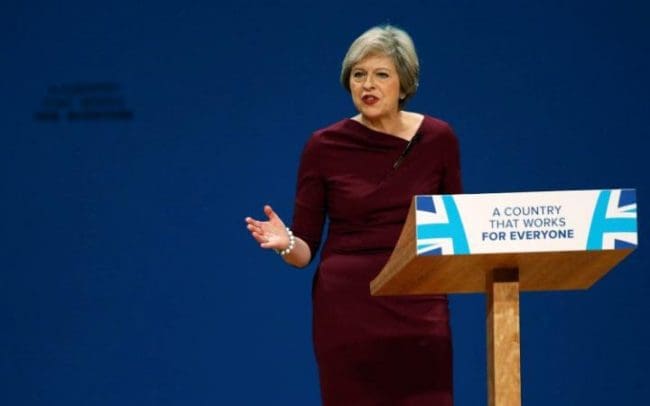According to The Times, the document contains a warning for Cabinet ministers that leaving the single market and switching to World Trade Organisation rules would cause GDP to fall anywhere between 5.4% and 9.5% within 15 years.
The forecast is based on a study which was controversially commissioned by then chancellor George Osborne in the run up to the EU referendum.
Assuming no contributions to the EU are made, the annual loss would be at least £38bn – with “the smaller size of the economy” to blame, the Treasury’s analysis added.
Politicians who are pushing for a “soft Brexit”, which would involve keeping the UK in the single market, said the papers reveal the “horrific damage” of leaving the trading bloc without negotiating a deal with the EU first.
Anna Soubry of the Open Britain campaign said: “Less tax revenue means less to invest in schools and hospitals, lower trade and investment means businesses and jobs are at risk.
“This danger is precisely why Parliament must be involved in the principles to guide the Brexit negotiations. Britain will leave the EU, but we must do so in a way that protects our prosperity and reduces risk.”
According to The Times, senior Brexit supporters believe the Treasury is continuing to use the “scare tactics” deployed before June’s vote – and allege that the figures are both unrealistic and designed to make a departure from the single market look bad.
However, Lib Dem leader Tim Farron described the forecast as “yet more proof that hard Brexit would be an act of sheer economic vandalism”.
Theresa May and her Brexit Secretary David Davis are facing growing pressure to allow MPs to vote ahead of triggering Article 50, the formal process for leaving the EU.
On Monday Mr Davis told Parliament the Government would reject any attempts to undo the referendum result, adding: “We have a duty to carry out the people’s instructions.”
A Government spokesman said: “We want the best outcome for Britain. That means pursuing a bespoke arrangement which gives British companies the maximum freedom to trade with and operate in the single market, and enables us to decide for ourselves how we control immigration.”


